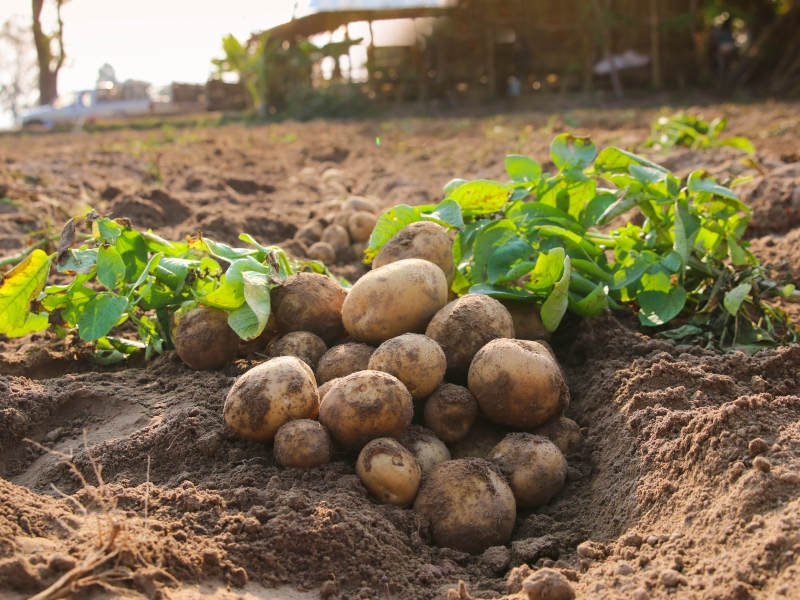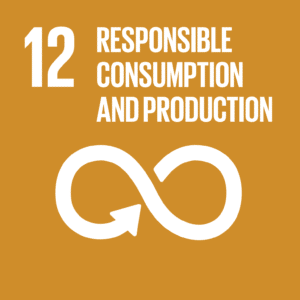Improving food security by safeguarding potato yields

Higher potato yields in Uganda through access to varieties that are resistant to diseases
In Uganda, rising temperatures combined with extreme and unpredictable rainfall patterns is causing a dramatic decline in yields of primary food crops, such as maize and rice. More priority has been given to growing potatoes, as potato crops can produce more food while needing less water and land, have shorter production cycles and show higher resilience to environmental stress.
However, manifest soil erosion and reduced soil fertility, caused by the same erratic rainfall patterns, mean that even potato crops are now suffering, with major disease outbreaks (such as late blight) taking hold more easily. This, together with inappropriate cropping practices and inadequate access to quality seeds has led to a trend of declining yields.
Applying smart farming practices to face climate change
In response, potato breeders have developed new varieties with improved disease resistance. The challenge is to scale up farmers’ access to these. This can be done through increasing seed propagation and provision of suitable storage facilities, to maximise availability of viable seed. Organic fertilisers can also be used to restore soil fertility.
However, on farmland with steep slopes, this will only be successful through proper soil erosion management techniques, such as the use of terraces, contour ploughing and agroforestry trees. There is an opportunity to build resilience in the agriculture sector, improve productivity, increase farmers’ incomes and help mitigate climate change impacts through adopting a range of climate-smart agriculture practices.
Potato productivity will be increased by a combination of improved access to better seeds and implementation of more sustainable land management practices. The aim is to increase yields from 5 to 12 tonnes per hectare, with sales of potato seed to farmers increased from 50 to 300 MT, while reducing potato seed losses from 20% to 10%.
Do you want to know more about this project?







